Thursday, July 12, marked a pivotal moment for Kenya’s Cabinet Secretaries as they gathered for what would unknowingly be their final meeting under the Kenya Kwanza Government.
The National Development Implementation Committee (NDIC) convened at the Kenya School of Government, Kabete, under the chairmanship of Prime CS Musalia Mudavadi, with Head of Public Service Felix Koskei also in attendance.
The agenda ostensibly focused on assessing the progress of various development programs—a routine task that would soon be overshadowed by unexpected developments.
For Public Service Koskei, the meeting held deeper significance beyond the usual review of government initiatives.
“Our agenda included assessing the status of government delivery and how to accelerate the implementation of reforms, which are aimed at enhancing government performance and service delivery as directed by the President,” he explained.
The atmosphere, however, hinted at an underlying tension, perhaps exacerbated by recent public protests demanding greater governmental responsiveness.
Prime CS Mudavadi, known for his statesmanlike demeanor, urged his colleagues to refocus ministries on meeting the pressing needs of Kenyans.
“The government must listen more to Kenyans,” he emphasized, reflecting on the recent unrest that had underscored public dissatisfaction.
Little did they anticipate that these words of wisdom would be among their final deliberations as members of the cabinet.
Later that fateful day, Deputy President Ruto made headlines with the abrupt dismissal of several Cabinet Secretaries.
The decision sent shockwaves through Kenya’s political circles, signaling a strategic realignment of priorities and leadership within the government.
Sources close to the Deputy President hinted at a desire for renewed vigor in governance, prompting swift changes at the highest levels.
For the outgoing Cabinet Secretaries, it marked the end of their tenure characterized by debates over policy, initiatives launched, and challenges faced.
Their departure paved the way for new appointees to take charge, tasked with navigating the complexities of national development and public service amidst evolving political landscapes.
The swift and decisive action by Deputy President Ruto underscored the realities of leadership in Kenya, where changes in cabinet can swiftly reshape the direction of government.
As the country adjusted to new faces in key ministries, the legacy of the dismissed Cabinet Secretaries remained a subject of debate—criticized by some, lauded by others, but undoubtedly leaving an indelible mark on the nation’s governance.
The NDIC meeting on July 12 encapsulated not only the routine functions of government review but also the unexpected twists that define political careers.
For those who exited the stage, it was a moment of reflection and perhaps a reminder of the transient nature of power and influence in Kenya’s vibrant democracy.


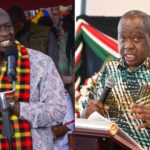




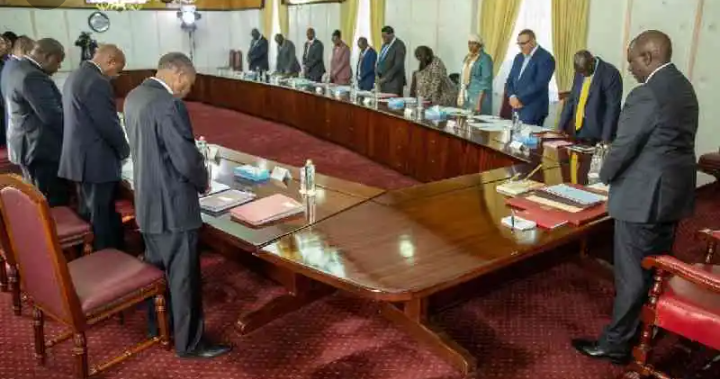
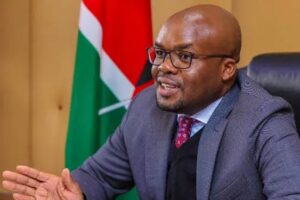
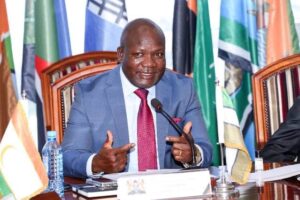
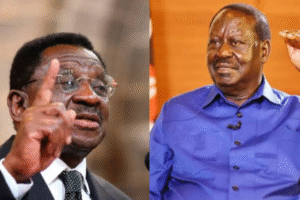
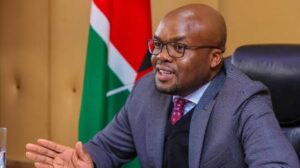
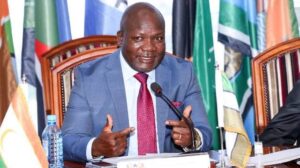
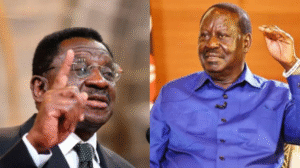
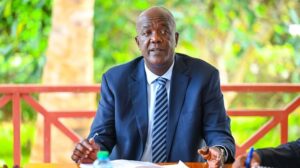
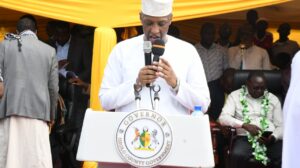
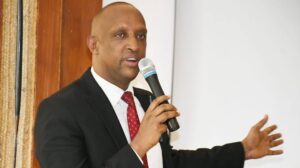
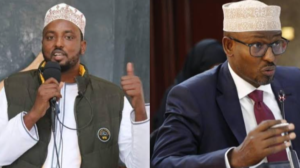
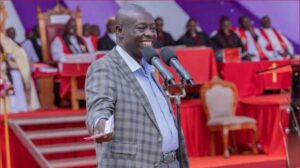
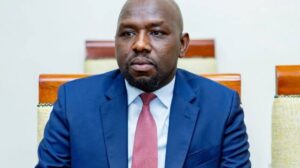

Add Comment